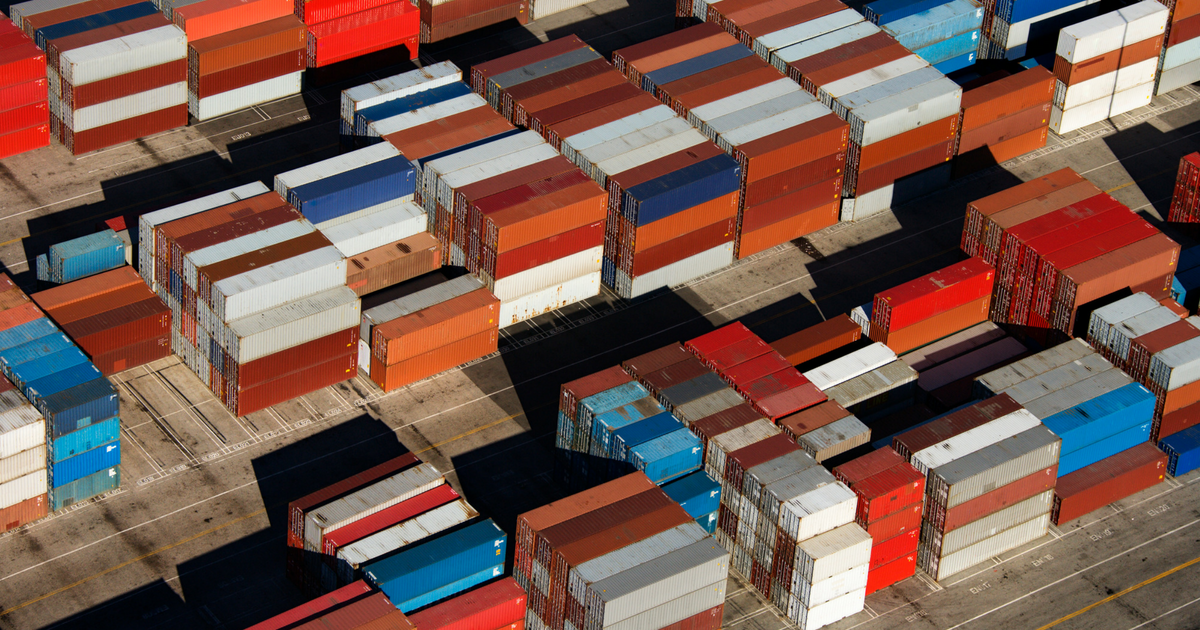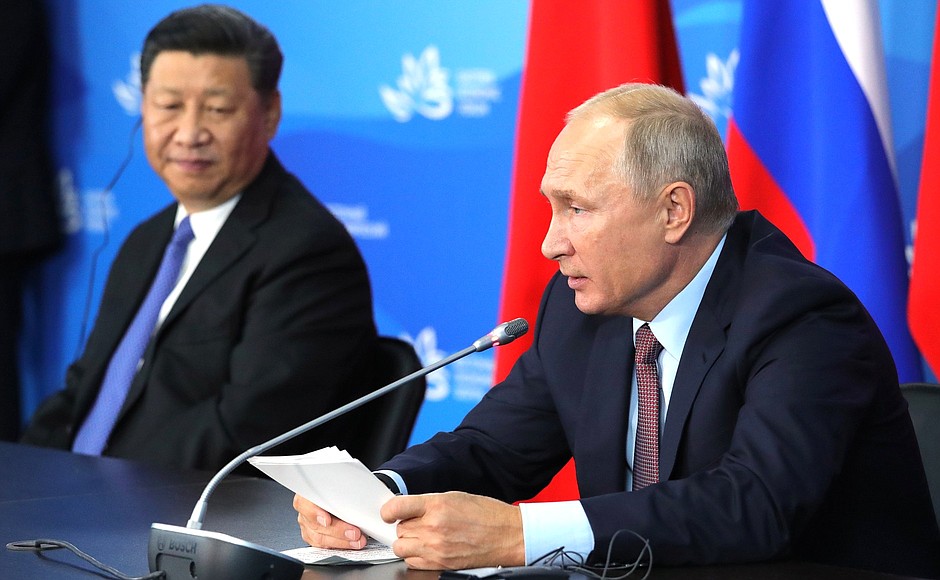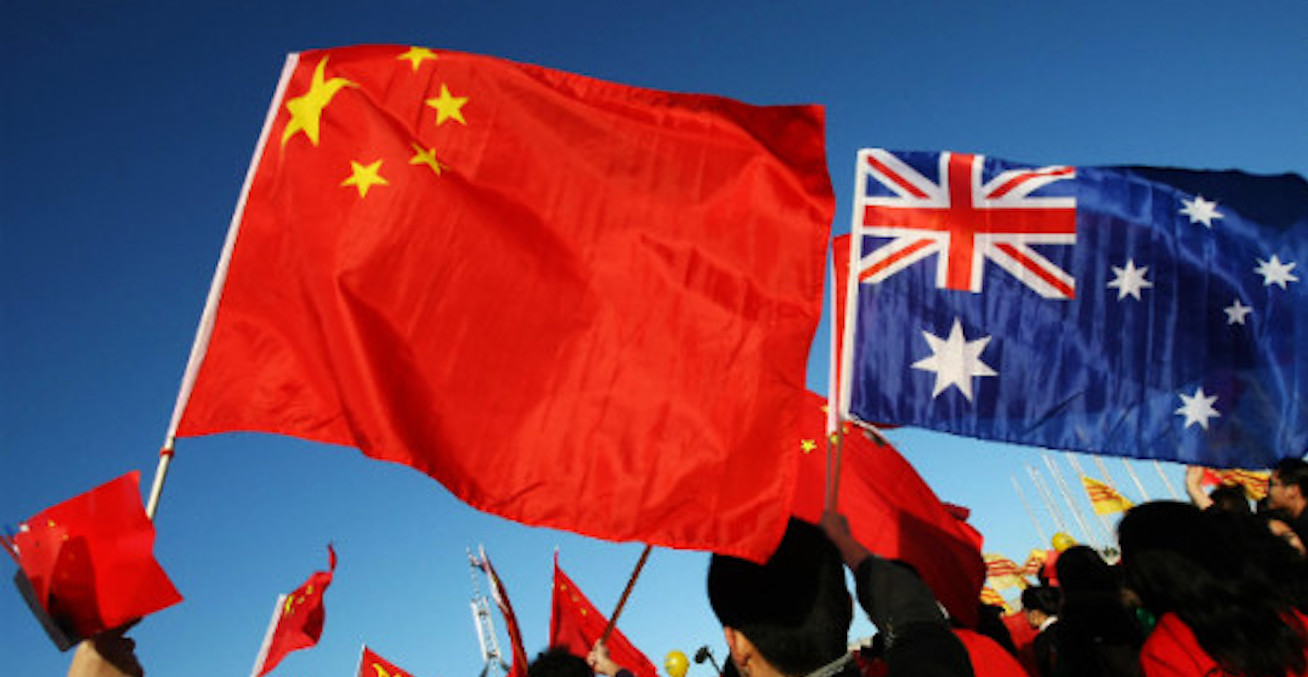Researchers Igor Rogelja and Konstantinos Tsimonis have recently published an article “Narrating the China Threat: Securitising Chinese Economic Presence in Europe” in the Chinese Journal of International Politics. In their study, Rogelja and Tsimonis analyzed the process in which Chinese activities are being securitized in the EU. In this interview conducted by Richard Q. Turcsányi,… Continue reading Rogelja & Tsimonis: Presenting China as an existential threat further deprioritizes human rights (interview)
Rogelja & Tsimonis: Presenting China as an existential threat further deprioritizes human rights (interview)





